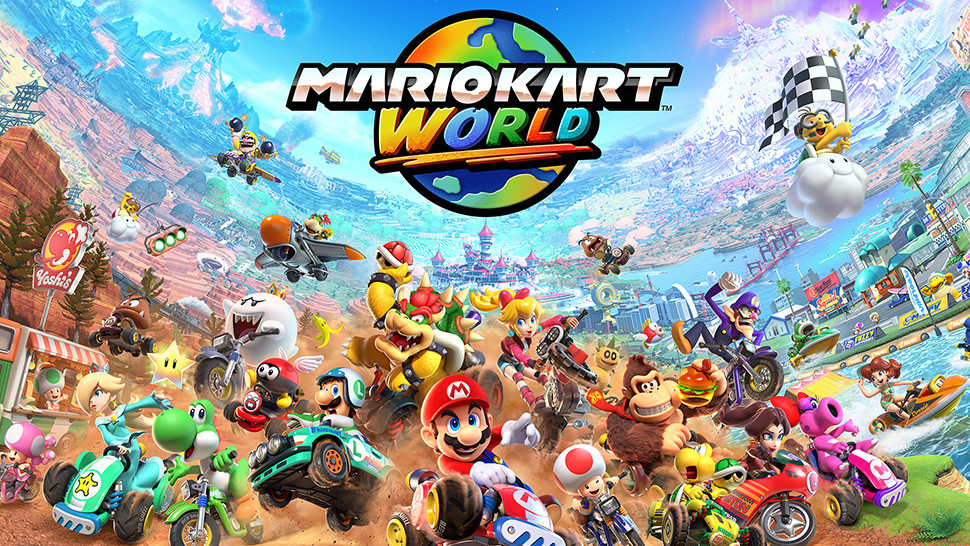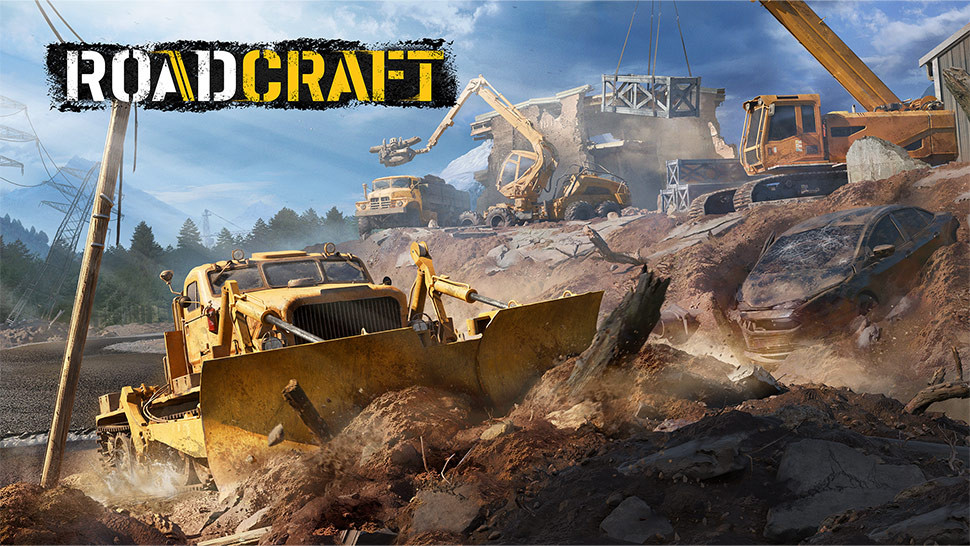Papo & Yo Review
 By Kevin Mitchell | Sep 14, 2012
By Kevin Mitchell | Sep 14, 2012
We all live with monsters in our lives. Go ahead and think about it, you may think I am wrong and that it is just a silly notion, but the more you think about it, the more you will start to realize how much sense I actually make... most of the time. Whether it's someone you don't like passing on the street, a kid that used to bully you, or in the case of Papo & Yo – the father who terrorizes our protagonist (Quico) and can be seen as quite the monster... literally.
Escaping into a fantasy land by stepping through chalk drawings and appearing on the other side, you are placed in the favelas of Brazil. It's not your typical straightforward "fantasy" world that I would have expected to escape to with dancing emo elves and flying pixies, but it has a behind-the-scenes mystical element to it. Shacks and shanties fill these favelas, and it is here where you would expect a dark and dirty feeling, but instead, it is a bright, colorful, almost whimsical world. Interacting with the environment, you will be able to move entire buildings around, twist and turn platforms, and transform the world into an M.C. Escher painting. Roads will peel upwards as if you were peeling a vegetable, staircases will form out of walls and arc outward, showing anything is possible in this world that closely resembles a real-life environment inside the child's mind. The complexity of the puzzles never challenged, especially when you are given hints in the shape of a cardboard box that you can put over your head. Believe me, it will make sense when you play the game.
Deep down, there is something hidden. As you start to understand what the developer behind the game went through in his life, you realize this is more than a form of entertainment and a "game." Everything in the game alludes to certain events that transpired in real life about the abuse of alcohol and physical abuse between father and son. This creates an experience that puts story ahead of gameplay; puzzles are kept on the lighter side to give some interaction while propelling the story forward.
Upon reaching the end of the game, I was unsure of what to do with myself. I felt like I knew the agony the developer had gone through as if I was a close friend and experienced it firsthand. I was there during the abusive "monster" times that ripped through his soul, and I was there at the end of the journey. I traveled alone and with my robot companion.
Simply Put
In games like this, it is hard to write a review. How could I review someone else's life experience? Unlike other titles, the underlying message isn't hidden under tons of gameplay elements; instead, it is put center stage. This is what separates the game from the rest and why everyone should experience this title.
Note: Papo & Yo was reviewed on PlayStation 3. A digital copy of the game was provided by the publisher/developer.




